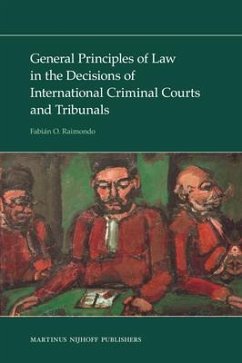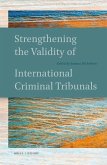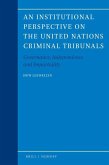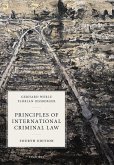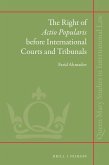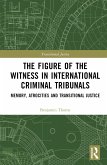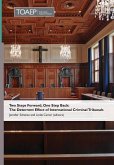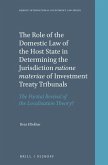International lawyers usually disregard the vital functions that general principles of law may play in the decisions of international courts and tribunals. As far as international criminal law is concerned, general principles of law may be crucial to the outcome of an international trial, "inter alia" because the conviction of an accused in respect of a particular charge may depend on the existence of a given defence under this source. This volume examines the role that general principles of law have played in the decisions of international criminal courts and tribunals. In particular, it analyses their alleged a ~subsidiarya (TM) nature, their process of determination, and their transposition from national legal systems into international law. It concludes that general principles of law have played a significant role in the decisions of international criminal courts and tribunals, not only by filling legal gaps, but also by being a fundamental means for the interpretation of legal rules and the enhancement of legal reasoning.
Hinweis: Dieser Artikel kann nur an eine deutsche Lieferadresse ausgeliefert werden.
Hinweis: Dieser Artikel kann nur an eine deutsche Lieferadresse ausgeliefert werden.

